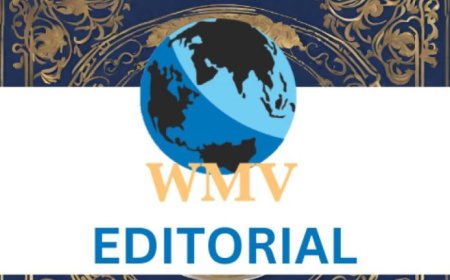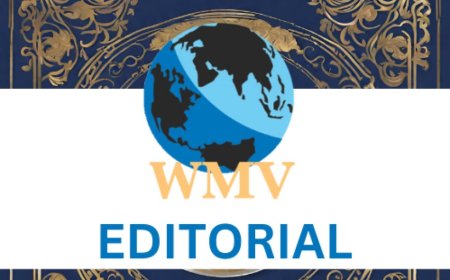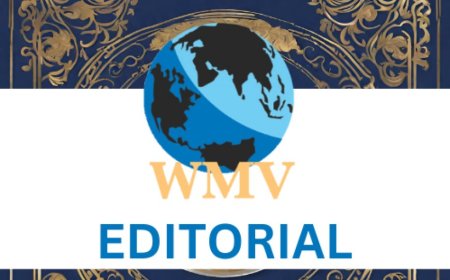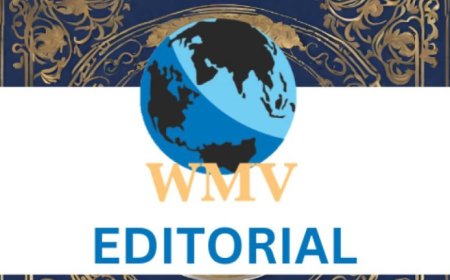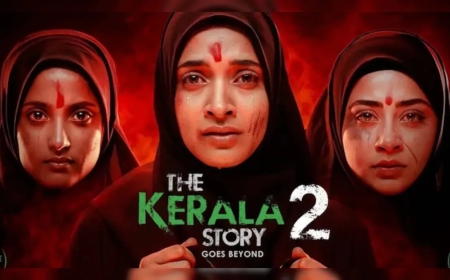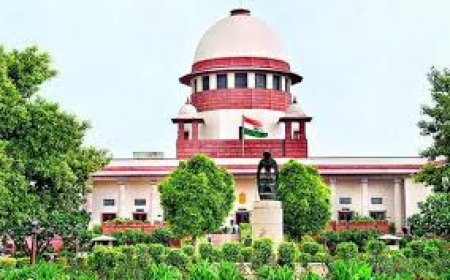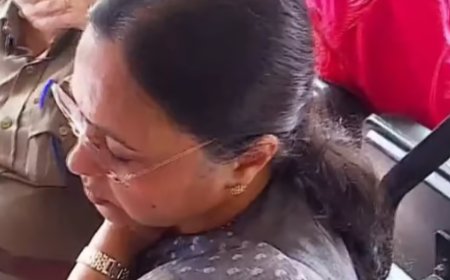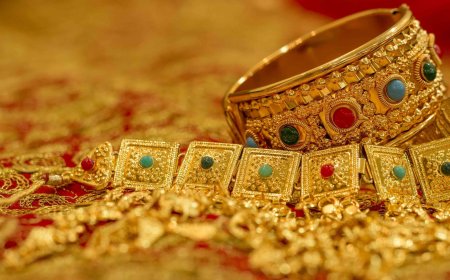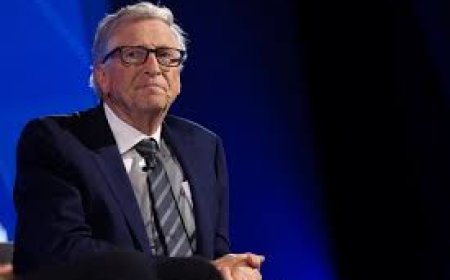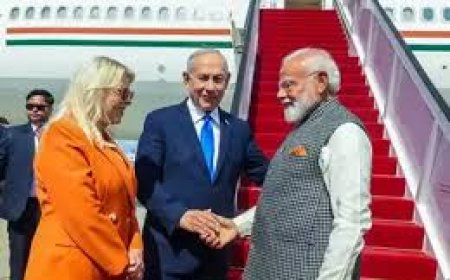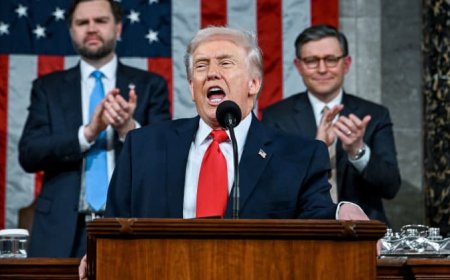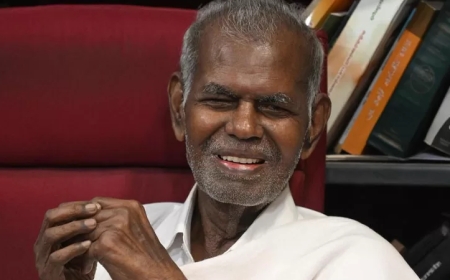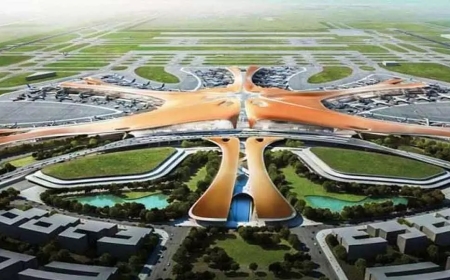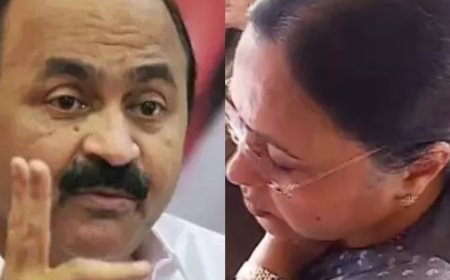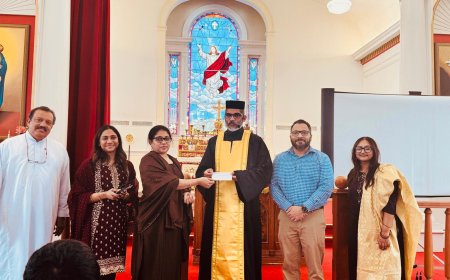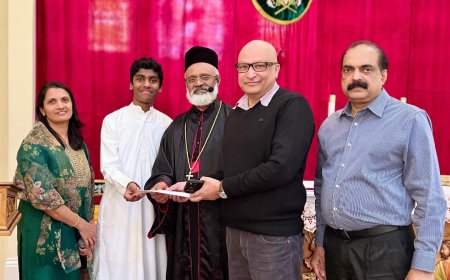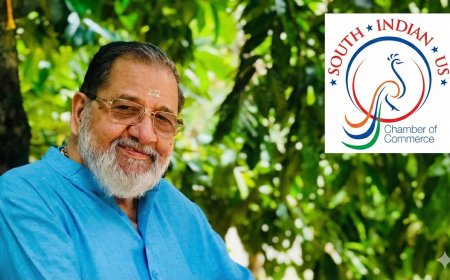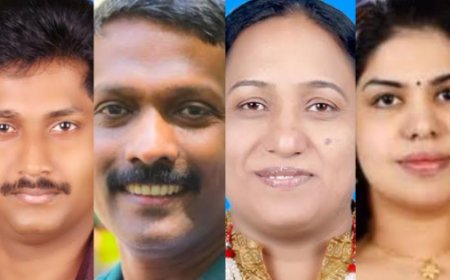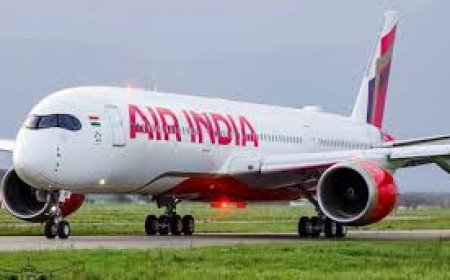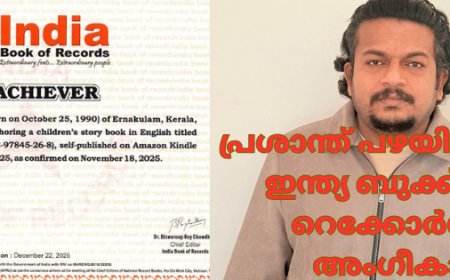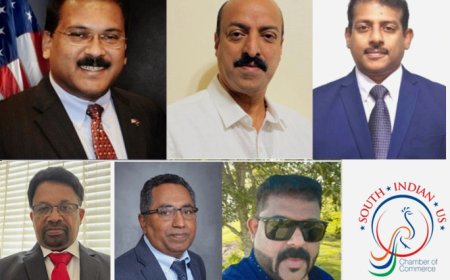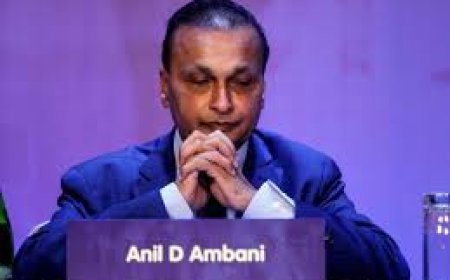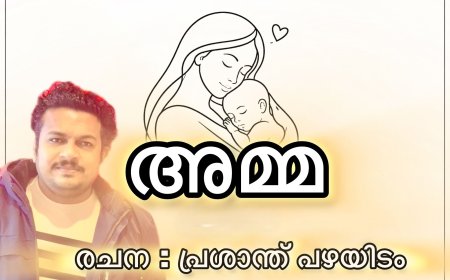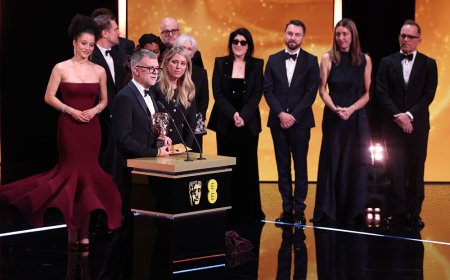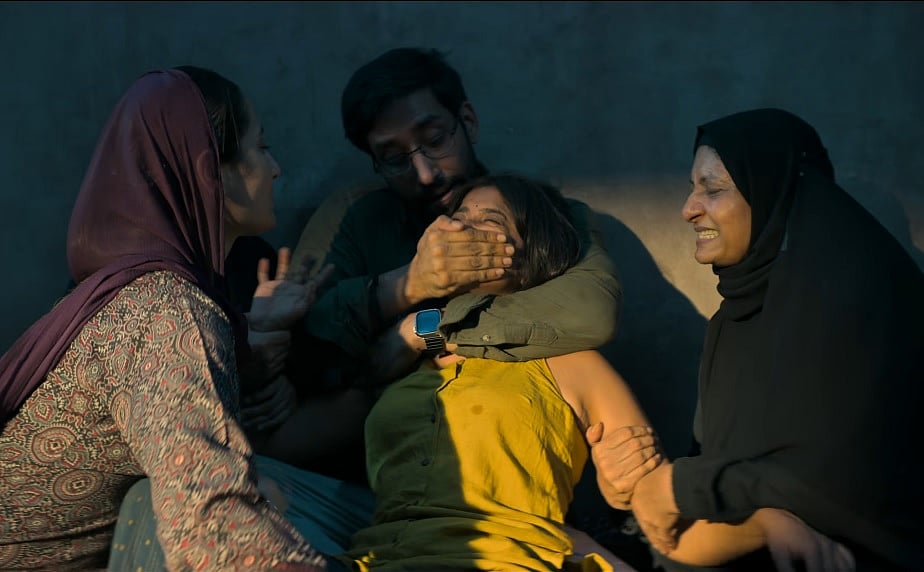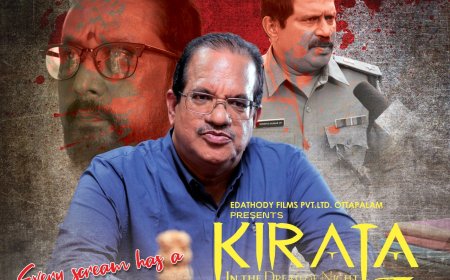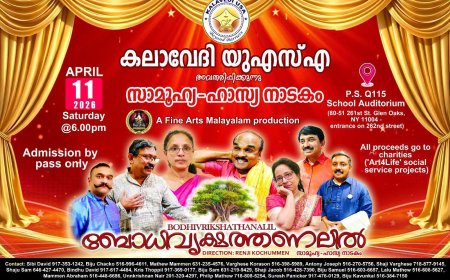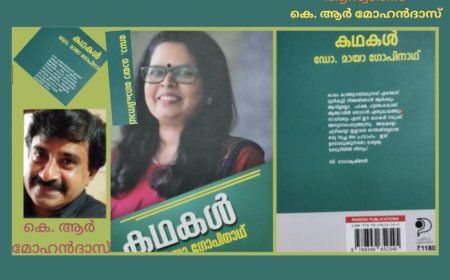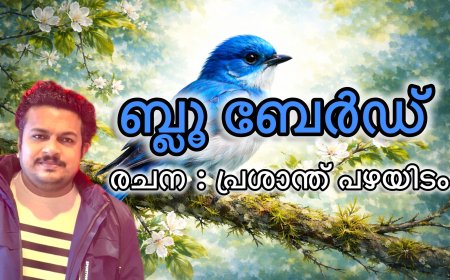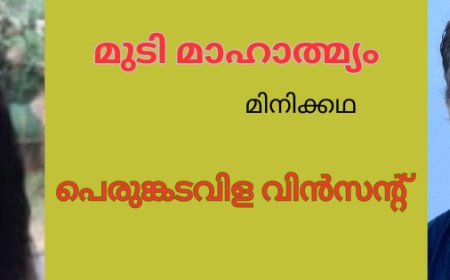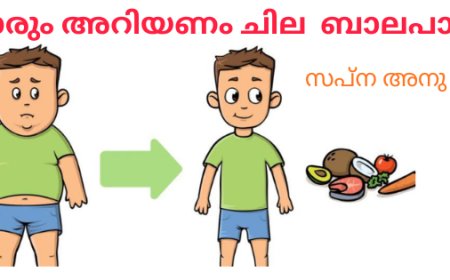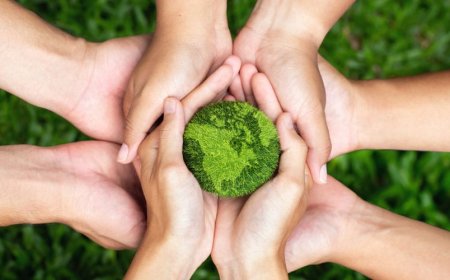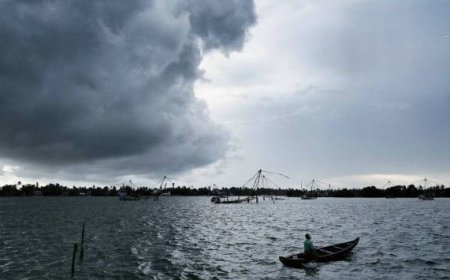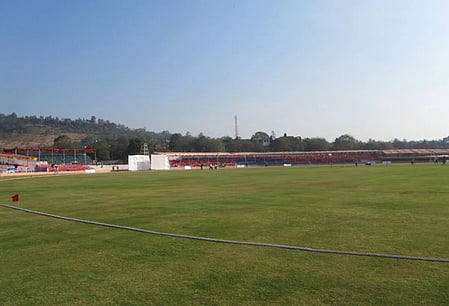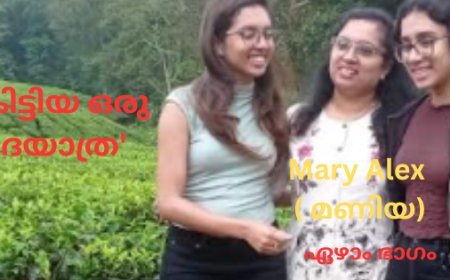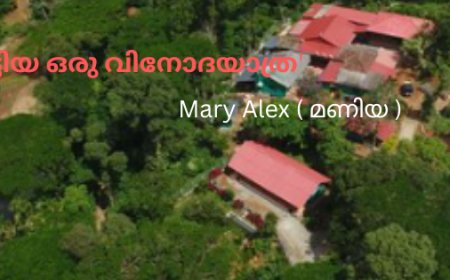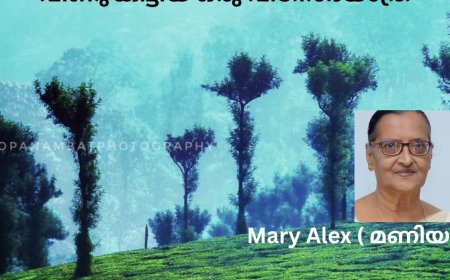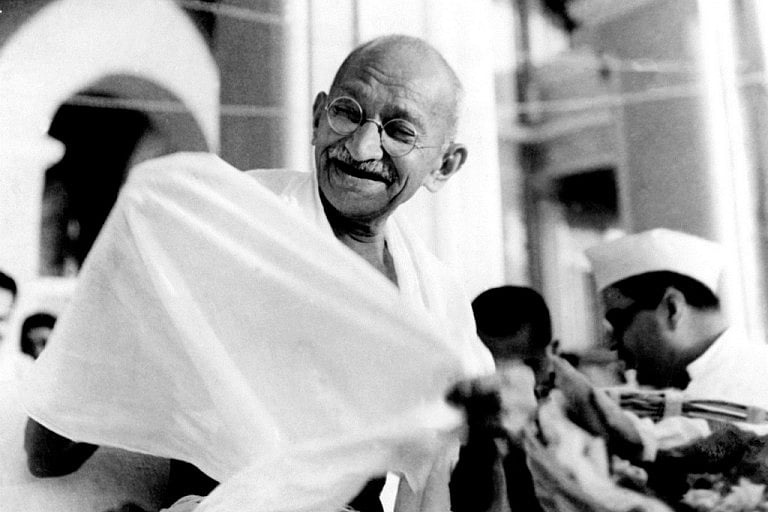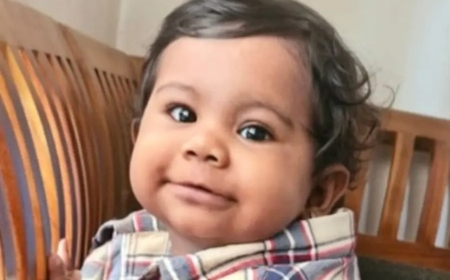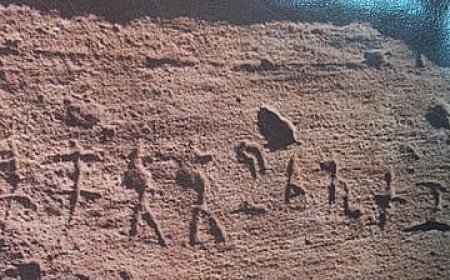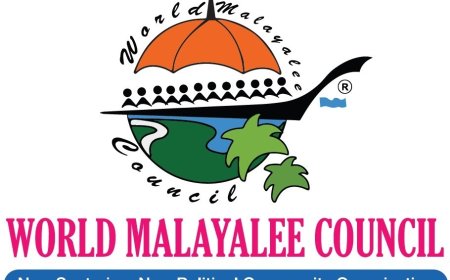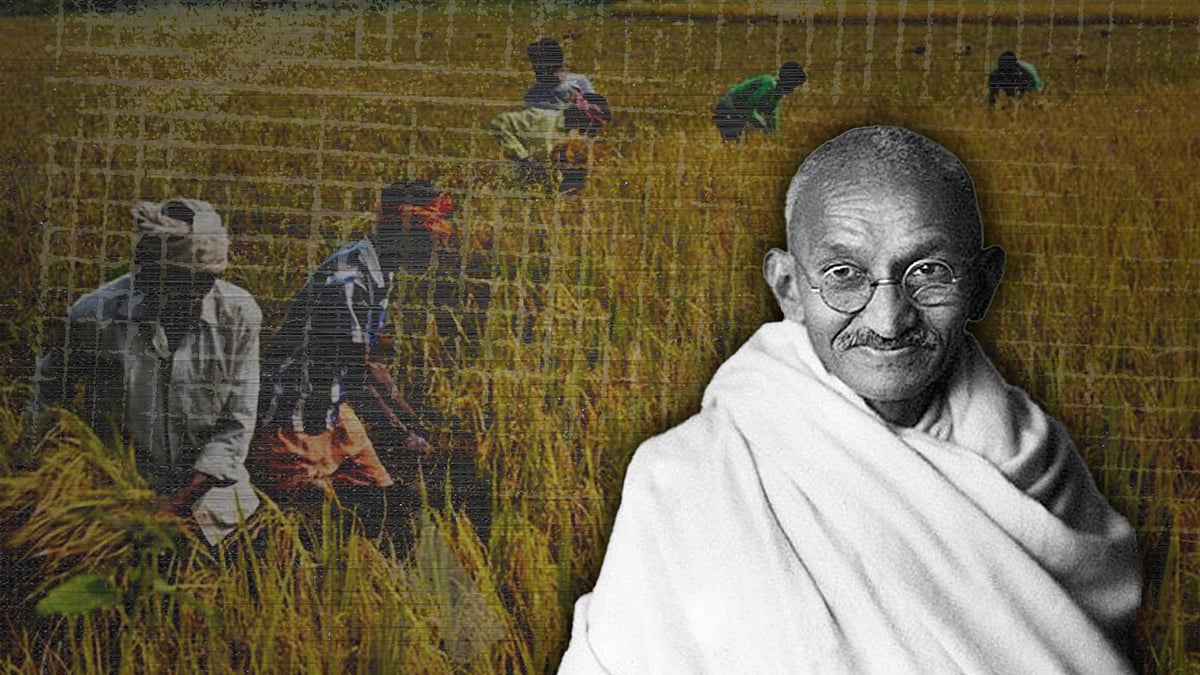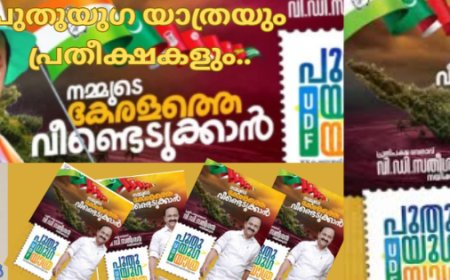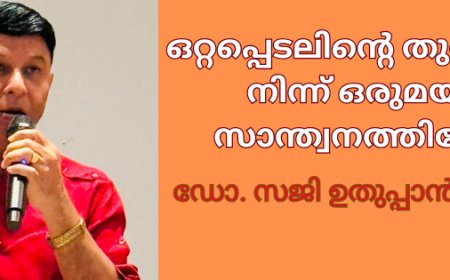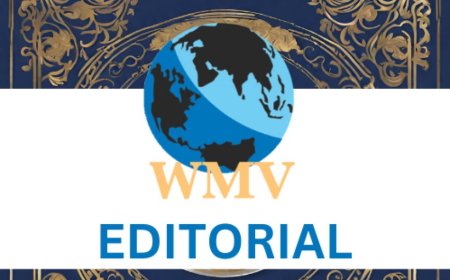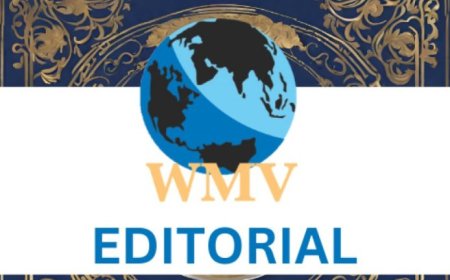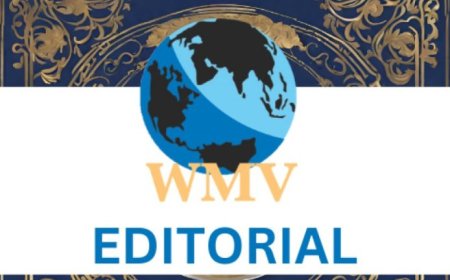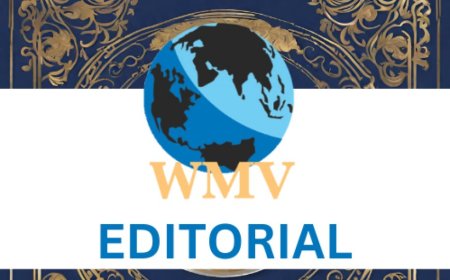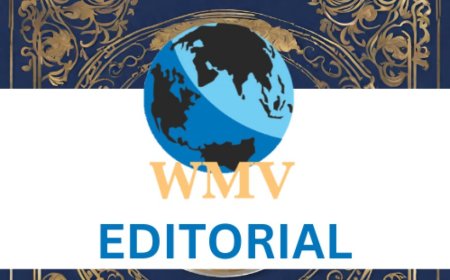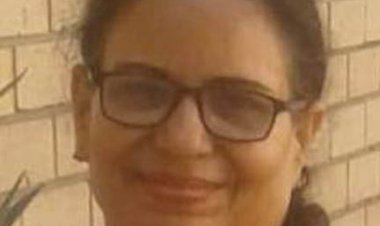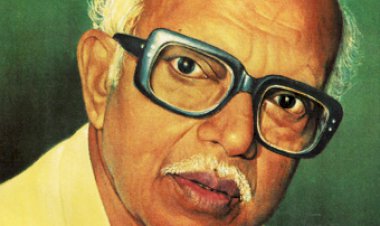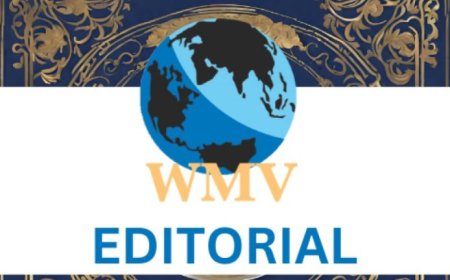Secular democracy

INDIA has been the largest democracy ever since freedom was obtained from the British and declared a Republic on January 26, 1950, and India successfully maintained its Democratic Socialist system of government ever since, except for a few years of emergency, declared by former Prime Minister Indira Gandhi.
Democracy is the rule by the people means the rulers are elected by the people and the head of State is elected from the elected representatives or directly elected by the people.
A king/queen or an autocrat or party head cannot automatically become head of state.
Democracy is the form of government where people have the authority to deliberate and decide legislation or the system of government with laws, policies, leadership and major undertakings. Democracy provides an environment that respects human rights and fundamental freedoms.
The supreme power is for the people. Famous former president of the United States Mr. Abraham Lincoln spoke, “Democracy is the government of the people, by the people and for the people”
When we talk about individual freedom, we are talking about freedom of speech and freedom of religion, while following the rules of the government. The US is the oldest democracy, which is a democratic capitalistic society, and the Republic of India is the largest democracy, which is a democratic socialist government. Both governments stand for freedom of speech and freedom of religion and so also most of the democracies in the world.
In a democratic system, individuals representing themselves or a political party run for elections to represent the people. The majority party or group becomes the rulers of the country. Because there is an election process and the need to obtain majority votes, there has been an inherent corrupt practice that influences the process.
To get the vote, candidates define the policies and programmes that they support, the issues they stand for and define their stand. Often to get votes, they may seek groups representing certain interests, labour unions, religious groups, women’s groups, business groups, etc.
To stand and campaign for the election, they need to raise campaign donations. All these groups and those who donate money shall look for favours once the person gets elected and becomes a leader. Therefore, this process can result in corrupt practices and favouritism.
Democracies need to uphold secularism. In India, the USA and many other democracies, there is a tendency to use religion as a tool to solicit votes. This is a very dangerous path for Democracy.
In the USA, the majority of evangelical churches support the Republican party in the name of right to life (against abortion) and other Christian rights and the majority of Southern Baptist churches support the Democratic party in the name of racial equality.
Similarly in India, some parties support pro-Hindu, some pro-Muslim and other pro-religious movements. The influence of non-secular movements is not good for a healthy democracy. Every voter has his or her individual rights and opinions and based on their view and support for a particular idea, policy or programne, they shall vote. From the secular point of view, religion is a hindrance to democracy as it enforces a setoff legal and societal principles.
Separation of religion and state is required to protect freedom and ensure equality.
From the legal point of view, democracy can never enjoy a general acceptance in a religious society. Anything outside a rigid interpretation of religious texts is rejected and God, rather than the people, is sovereign. Also, conversion is a threat to the diversity richness of a nation, it installs fear among people of a particular community as they find their population shrinking due to conversion.
However, there are many religious democracies in the world like Islamic (Pakistan, Morocco, Maldives, Malaysia, etc.), Buddist (Bhutuan), Jewish (Israel) and Christian (Armenia, Greece, Denmark, Norway, etc.) Even in these countries, people who follow other religions live and vote in the election and they provide some form of religious freedom.
Freedom of religion and freedom of speech are perhaps the most two important characteristics of a people’s government called democracy. India is a thriving democracy and from a poor country, it became a developing country to a developed country under a secular democratic form of government.
If we look at Kerala, the communal harmony and the popularity of communism and socialism never allowed secular groups to become successful in politics. Kerala must be a model to the rest of India in its success to uphold secular democracy, make people literate and allow freedom of speech and religion. Racism and the caste system have been completely abolished in Kerala.
